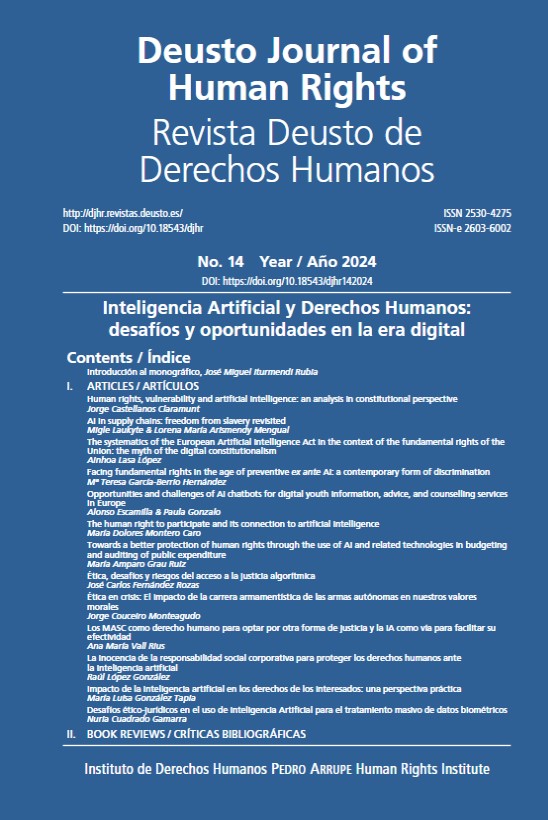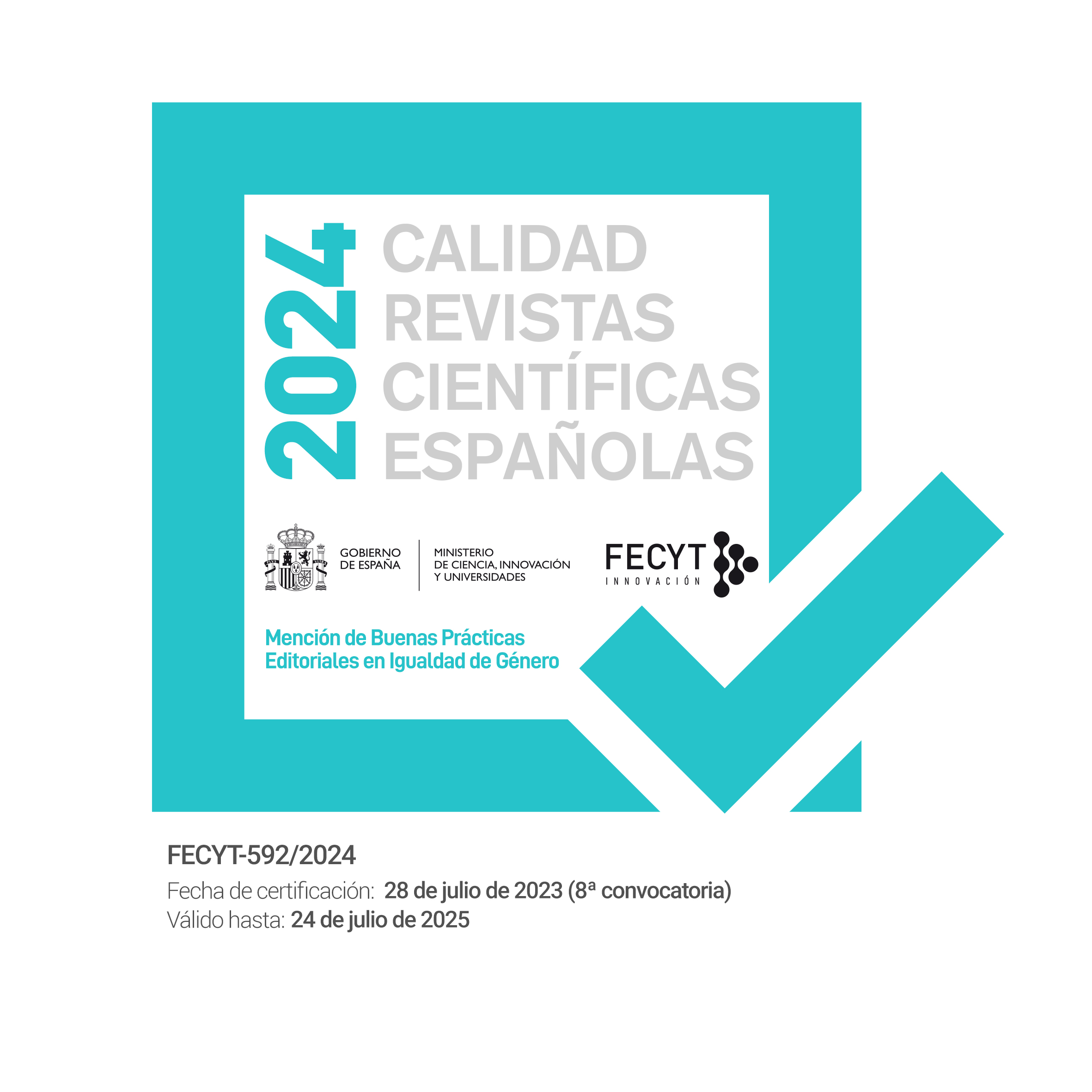Balcerzak, Michal and Julia Kapelańska-Pręgowska, eds. 2024. Artificial Intelligence and International Human Rights Law. Developing Standards for a Changing World
Abstract
This work analyzes the intersections between artificial intelligence (AI) and human rights from an international perspective. It analyzes the regulatory efforts of essential entities such as the United Nations, the Council of Europe, and the European Union. Recent initiatives that aim to establish ethical and legal standards to address the risks associated with AI are highlighted. Mass surveillance, algorithmic bias, and privacy violations stand out among these aspects. The book takes a unique approach, integrating a normative perspective with analyses of specific cases to examine the impact of artificial intelligence in key areas such as justice, health, labor rights, and privacy. It delves into challenges such as video manipulation, facial recognition regulations, and ethical conflicts in applying autonomous technologies in international settings. The book underscores the necessity of a flexible legal framework that accommodates technological advances while upholding fundamental rights. It also underscores the need to strengthen the responsibility of states and private entities to protect these rights. This volume is a fundamental reference point in the creation of international norms that ensure artificial intelligence respects human rights and proactively participates in their promotion in a globalized and constantly evolving world. Its insights are invaluable in the field of AI ethics and human rights.
Downloads
Deusto Journal of Human Rights / Revista Deusto de Derechos Humanos is an Open Access journal; which means that it is free for full and immediate access, reading, search, download, distribution, and reuse in any medium only for non-commercial purposes and in accordance with any applicable copyright legislation, without prior permission from the copyright holder (University of Deusto) or the author; provided the original work and publication source are properly cited (Issue number, year, pages and DOI if applicable) and any changes to the original are clearly indicated. Any other use of its content in any medium or format, now known or developed in the future, requires prior written permission of the copyright holder.



3.jpg)
3.jpg)
3.jpg)
.jpg)








